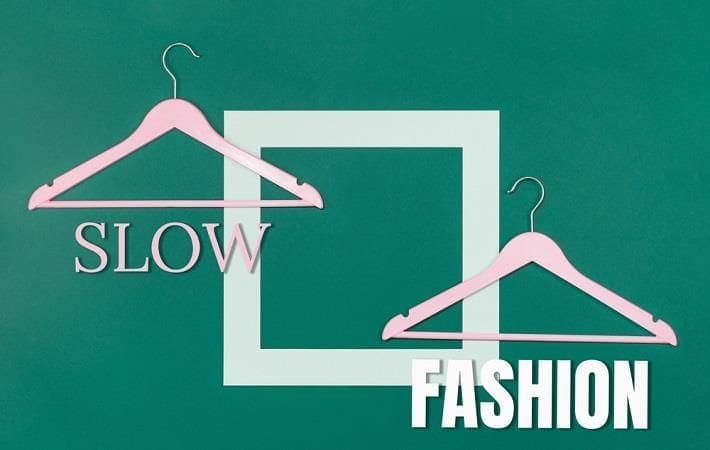
Older generations are leading the way in the slow fashion movement, while younger ones, despite popular perception to the contrary, lack accessible alternatives to fast fashion, according to a survey by luxury UK woollen mill AW Hainsworth, which suggests that a lack of understanding about the concept of slow fashion could be preventing wider uptake.
Gen Z respondents were most likely to say they purchase fast fashion regularly (24 per cent), with 28 per cent saying that it allows them to wear the latest trends affordably.
However, this age group was also most likely to agree that they would like to purchase less fast fashion, but struggle to find alternative options.
Thirty per cent of Gen Z respondents said they rarely see ethical, sustainable clothes that they like, and they were also the most likely to say that clothes that are made sustainably are often too expensive for them to consider (31 per cent), according to a press release from AW Hainsworth.
Julie Roberts, marketing manager at Hainsworth, says: “Higher purchasing costs are part of a slow fashion approach, and are a good sign that the supply chain is transparent, people are being fairly paid at all levels and the environment is being cared for. However this is likely to present an access barrier for younger people who have lower earnings and a lower disposable income.”
“Younger people are also likely to be more invested in trends, which means that regardless of income level they are less likely to see the long-term benefit of investing in a well-made, classic item of clothing designed to last for many years,” she adds.
Seventy three per cent of Gen Z respondents said their clothes shopping is more thoughtful now that it was five years ago, suggesting a growing level of consideration and awareness around purchases.
At the other end of the scale, those aged over 55 were least likely to purchase fast fashion (only 11 per cent said they do so regularly) and most likely to rate many principles of slow fashion as ‘important’ or ‘very important’ to them.
This generation, known as Baby Boomers, said that it is important to them a garment is well made (92 per cent) and that the people making their garments are treated well and paid fairly (75 per cent). They were most likely to agree that the fashion industry needs to change to protect the future of the planet (46 per cent) and that personal style is more important to them than fashion trends (58 per cent).
But the survey also revealed that education on the slow fashion movement is sorely needed, with 13 per cent of surveyed shoppers unable to identify the main principles of slow fashion.
The results suggested that consumers are eager to have more information at their disposal when it comes to purchasing decisions. Over 83 per cent agree that the fashion industry needs to be more transparent about how clothes are made and 22 per cent of respondents said that when they purchase fast fashion, they worry about who made their clothes, rising to 30 per cent in respondents aged 16-24.
The research undertaken by Hainsworth is part of a wider commitment to the slow fashion movement. The mill has recently partnered with Reshore Apparel to launch Studio H, a partnership which offers the unique service of creating garments from raw fibre to finished piece under one roof.
Hainsworth is also working on its first run of recycled wool, created using the waste products from its existing production line.

